Goethe-Language Centres prepare you for actually using German in your daily life. Entry level classes teach you how to introduce yourself and ask your conversational partner questions – e.g. where they are from or where something is – as well as how to answer these questions.
We emphasize giving you the tools to help you understand familiar, everyday expressions and simple sentences aimed at satisfying specific needs. Whether you’re pursuing learning German for social reasons or for career advancement, our classes provide a solid foundation for using German as a communication tool.
For beginners, we provide some simplified materials where the speech is slower, clearer, and transcribed. For higher levels, we suggest students to lay their hands on original programs, talk shows, movies, etc. in German language. We suggest our students to avoid translating in their native language, listen to something they enjoy, remove distractions, set goals (listen for meaning, for sounds, for tones, for a melody, or stress), and listen for the gist.
We suggest our students to start with learning the vowels and consonants. The vowels and consonants sound different in German than they do in English. Learn these sounds first so that you will have an easier time learning words and pronouncing them correctly. Learn basic sentence construction. Get a basic idea of how sentences are constructed. Find connectors in your class or neighborhood and engage with them in German language only, from day one.
While you are learning all new words, try to read. This will give you opportunities to practice as well as to look up words that you don’t know. Read very basic books, such as children’s books, since these will be easier for you to follow so early on. Watch films with subtitles on. This will allow you to enjoy a movie but it will also get you used to how the language sounds. As you are watching the film, you can repeat words and phrases after the actors.
German has plenty of spelling rules as well, but as it’s not your native language, it can still be quite hard to further your writing skills if you aren’t continually practicing. We recommend the best online dictionaries, such as Leo and Linguee, online thesauruses and the use of some hacks such as Spaced Repetition Systems (SRS), mnemonics.

Our course structure follows the guidelines set by the international Common European Framework of Reference for Languages: Learning, Teaching, Assessment (GER). This framework divides learners into three broad divisions with two subdivisions each: A1, A2, B1, B2, C1, and C2. Each level sets the benchmark for your German reading, listening, speaking, and writing abilities.
The A levels correspond to basic users, B levels correspond to independent users, and C levels correspond to proficient users of the German language. The Goethe-Institut has offered estimates for the cumulative hours of studying needed to reach each level: A1 (200 hours), A2 (350 hours), B1 (650 hours), B2 (1000 hours), C1 (1500 hours), C2 (2000+ hours).
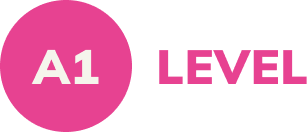
Can understand and use familiar, everyday expressions and very simple sentences aimed at satisfying specific needs. Can introduce himself and others and ask questions about other people - eg where they live, what kind of people they know or what things they have - and can answer questions of this kind. Can communicate easily if the other person speaks slowly and clearly and is willing to help.
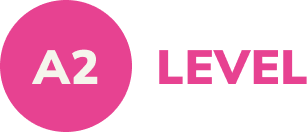
Can understand sentences and frequently used expressions that are related to areas of very immediate importance (e.g. personal and family information, shopping, work, local area). Can communicate in simple, routine situations that involve the simple and direct exchange of information about familiar and familiar things. Can use simple means to describe his or her origin and education, the immediate environment and things related to immediate needs.
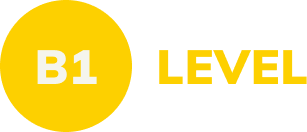
Can understand the main points when using clear standard language and when dealing with familiar things from work, school, leisure, etc. Can cope with most situations encountered while traveling in the language area. Can express themselves simply and coherently about familiar topics and personal areas of interest. Can report on experiences and events, describe dreams, hopes and goals and give brief reasons or explanations for plans and views
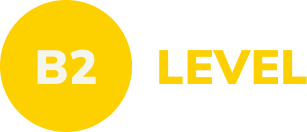
Can understand the main content of complex texts on concrete and abstract topics; also understands specialist discussions in its own specialty. Can communicate so spontaneously and fluently that a normal conversation with native speakers is possible without much effort on both sides. Can express themselves clearly and in detail on a wide range of topics, explain a point of view on a current question and state the advantages and disadvantages of various options.
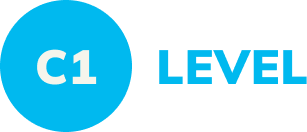
Can understand a wide range of demanding, longer texts and also grasp implicit meanings. Can express himself spontaneously and fluently, without having to search for words more clearly. Can use language effectively and flexibly in social and professional life or in training and studies. Can express themselves clearly, structured and in detail on complex issues and use various means of text linking appropriately.
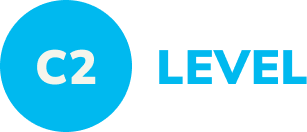
Can understand practically everything he / she reads or hears with ease. Can summarize information from various written and oral sources and present justifications and explanations in a coherent representation. Can express himself spontaneously, very fluently and precisely and make finer shades of meaning clear even in more complex situations.